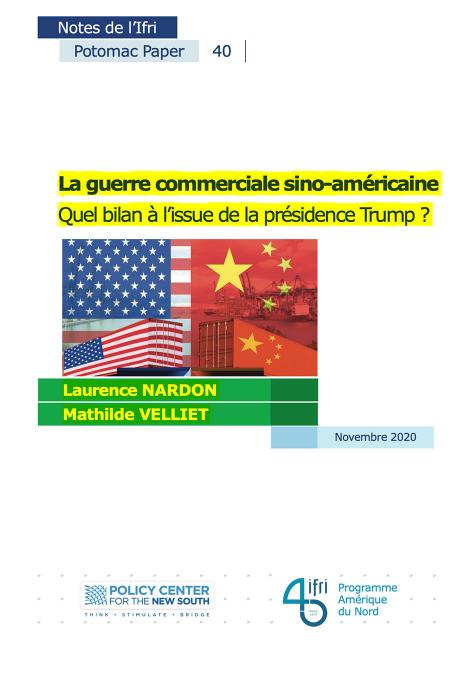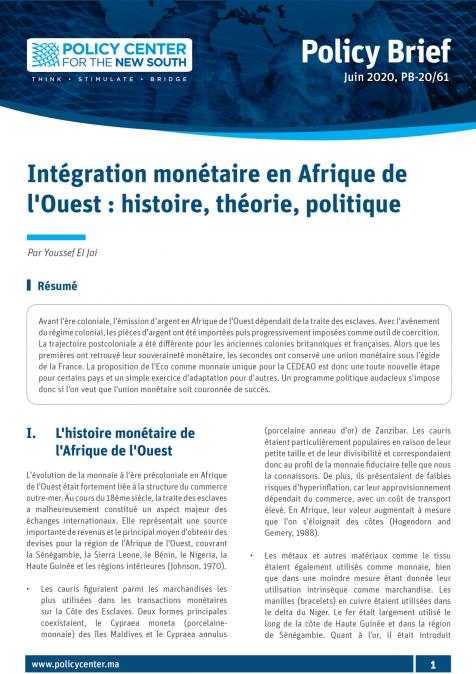Publications /
Policy Paper
En 2016, l’une des grandes promesses de campagne du candidat républicain Donald Trump était de mettre fin aux pratiques commerciales chinoises, jugées déloyales et responsables du déficit commercial américain. L’imposition d’importants droits de douane allait forcer le gouvernement chinois à négocier.
Les pratiques dénoncées par Trump – sous-évaluation du yuan, transferts forcés de technologie, violations de la propriété intellectuelle, manque d’ouverture aux importations – s’inscrivent dans la ligne directe des reproches formulés par les Américains (et, dans une certaine mesure, les Européens) depuis vingt ans.
Par l’imposition massive de barrières douanières unilatérales, l’administration Trump s’est pourtant écartée de la tradition américaine qui privilégie les mécanismes multilatéraux et l’utilisation ponctuelle de droits de douane ciblés.
La « guerre commerciale » matérialisée par la hausse des droits de douane en 2018-2019 ne représente donc pas tant un changement de fond qu’une rupture de méthode.
Comment cette guerre commerciale s’inscrit-elle dans la compétition technologique et stratégique sino-américaine ? Quelles conséquences l’escalade tarifaire de 2018-2019 a-t-elle eues sur les économies américaine et chinoise ? Quel sera son impact sur la gouvernance multilatérale du commerce ? À la suite de l’accord de « Phase Un », signé en janvier 2020, quelles sont les perspectives de résolution de ces différends ?







